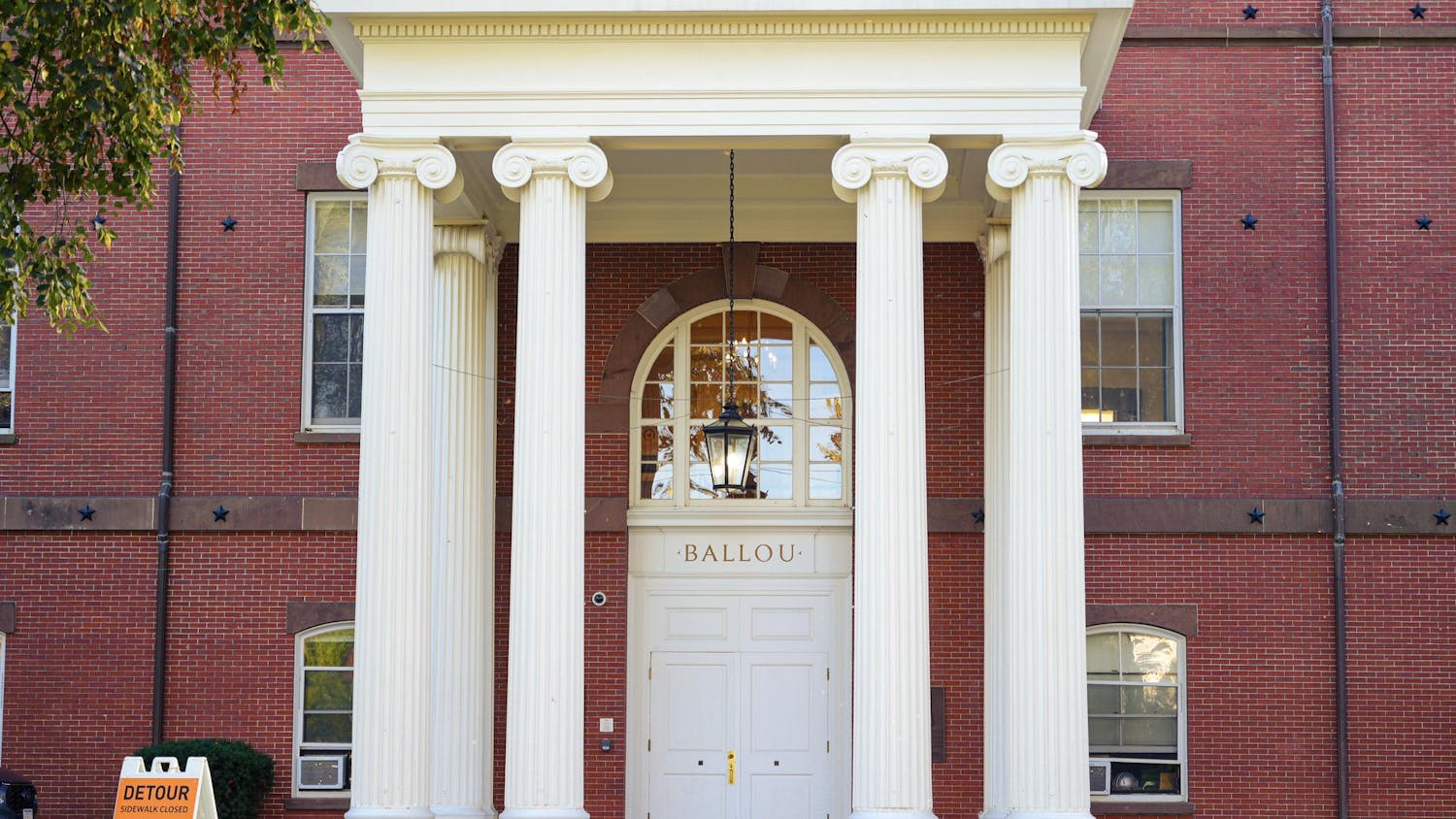Mini-Med Connect, an intensive summer mentorship program for high school students interested in STEM and health care, was introduced last summer by the Center for Science Education at Tufts University. Mini-Med Connect allows high school students to explore career paths in research and medicine while also teaching important social and academic skills for STEM-related fields. The program ran virtually from June 28 through Aug. 6.
According to Berri Jacque, director of the Center for Science Education and creator of Mini-Med Connect, there were 15 Boston-area high school students selected for the program. Many students came from backgrounds that have traditionally been underrepresented in science — including low-income families and first-generation college students.
“One of the biggest goals of our [program] was to give students an experience that makes them feel they belong in science and give them access to mentors and give them support mechanisms to help them maintain a course to whatever their goals are in STEM,” EmilyKate McDonough, a co-director of Tufts Mini-Med Connect, said.
Mini-Med Connect was funded by a National Institutes of Health grant. Jacque explained that the mentors were paid and housed for the summer — and that each student received a stipend for their involvement in the program.
“If a program is not paying students, it is not an inclusive program, and that's a huge issue and a huge barrier,” Jacque said.
Three undergraduate mentors were selected by the Tufts University Center for STEM Diversity to provide guidance for the program’s students while simultaneously working in Tufts research labs. Mentors and mentees together discussed a variety of topics — including financial aid, college applications and how to respond to microaggressions in the classroom.
One of the undergraduate mentors, Tufts senior Nashielli Diaz, admitted that it was challenging growing up without a mentor who shared the same experiences as her. However, she was grateful for the opportunity to fill that role for her mentees.
“All of them are very highly motivated individuals who have the potential to achieve what they want to do and more,” Diaz said. “I just hope that through the program, we have been able to provide them with some skills that can help them do that or at least remind them that they have people who care about them and want to support them.”
Mini-Med Connect's curriculum focused on five core areas: learning science, having fun, celebrating diversity in STEM, receiving individual mentoring and learning professional skills that are often not explicitly taught in schools.
According to McDonough, getting lessons on this usually "hidden curriculum" gave Mini-Med Connect students the chance to learn skills that build confidence in professional settings.
“Students who come from privileged backgrounds tend to have more exposure to the hidden curriculum and this ultimately results in them having a leg up when it comes to applying to college or work in a professional setting,” McDonough said. "We hope [that] by students getting to engage in interview role-playing activities or critiquing fictional emails, they are going to feel more confident to put themselves out into the world and ask for what they want."
In addition to the high school student participants, Mini-Med Connect also offered professional development opportunities to the undergraduate mentors as well. Revati Masilamani, a co-director of Mini-Med Connect, placed mentors into their respective labs for the summer. Masilamani emphasized the importance of giving the mentors access to enriching experiences early in their undergraduate careers so that they too could explore a range of possibilities in STEM.
McDonough explained why it was important to facilitate strong mentor-mentee relationships.
“You can have as much mentoring as you want, but if you aren't comfortable with your mentor, it's really hard to have more difficult conversations,” McDonough said.
Mini-Med Connect also highlighted diverse role models in STEM. According to McDonough, the program invited the co-founders of the Boston-based organization Scientists in Solidarity to discuss their experiences as scientists of color.
Masilamani hopes that by celebrating diversity in STEM, Mini-Med Connect will help connect the high school students to their future careers.
“I think when a student is entering into an academic research space for the first time, it might be daunting, but hopefully, understanding what the background of that context is gives them a better ability to negotiate those spaces,” Masilamani said.
While Mini-Med Connect was offered virtually this summer, Jacque wants the program to operate in-person next summer and aspires to see the program expand in funding and accessibility.
“I really want to be able to have more students able to do it [and] more mentors,” Jacque said.
According to Diaz, there was an in-person event at the end of the summer for all the high school students, mentors and co-directors to meet and explore the Tufts campus. Diaz was able to show the mentees her lab and research and wants a greater in-person component in future iterations of Mini-Med Connect.
“I just wish there was more interaction throughout the year,” Diaz said. “I think that's one way to grow.”
McDonough hopes that the participants in Mini-Med Connect found a sense of belonging in the STEM community.
“I hope that the students coming out of the Mini-Med Connect program are empowered to pursue a STEM career if that is what they want to do,” McDonough said. “ I hope that we've provided a network for them to lean on, if they need it.”





